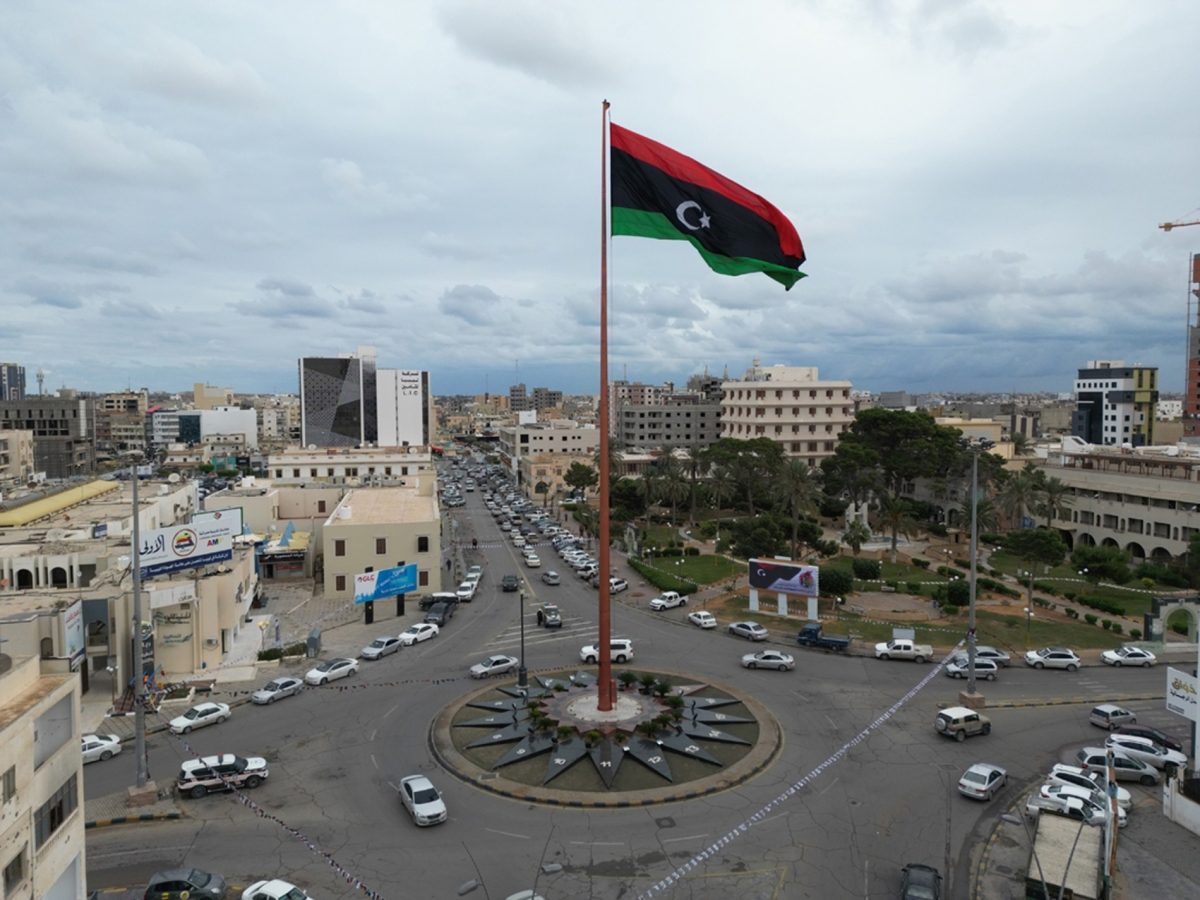UN Mission in Libya Commends Election of New Presidency for State Council

The United Nations Support Mission in Libya praised the electoral process witnessed by the High Council of State, during which a new presidency was selected, considering the voting to have taken place "under normal and transparent conditions".
In a statement published on its official website on Monday evening, the mission stated that it "monitored the live broadcast of the session in which 95 members elected a new presidential office", noting that the presence of two-thirds of the members reflects "broad consensus among them to overcome the division that hindered the council's ability to fulfill its responsibilities over the past year".
The mission expressed its support for efforts to expand this internal consensus, calling for the involvement of members who did not attend the session, and urging all members to engage in breaking the political deadlock, contributing to pushing the political process forward, and completing the extended transitional phases.
The mission emphasized in its statement that it "expects the council to carry out its duties responsibly, as outlined in the Libyan Political Agreement", in line with its independent political role, and Libyans' aspirations to end institutional division, restore legitimacy through elections, and implement necessary reforms.
It underscored the importance of Libyans leading the political process, expressing readiness to provide necessary support, encouraging members to "fulfill their national duties and meet the expectations of the Libyan people".
Meanwhile, the High Council of State announced on Sunday evening the victory of Mohammed Takkala in the position of president in the first round after receiving 59 votes out of 95 members who attended the session, while the total membership of the council is 142 members.
This election comes after months of sharp division within the council, as August 2024 witnessed a dispute over the council's presidency between Mohammed Takkala (the former president) and Khalid al-Mashri (the previous president), leading to a legal battle in Libyan courts before the reformation of the presidency body.
The UN mission abstained from attending the voting session, while Al-Mashri and several members announced their refusal to recognize the election results, citing the incomplete legal quorum at the time set for the session to convene.